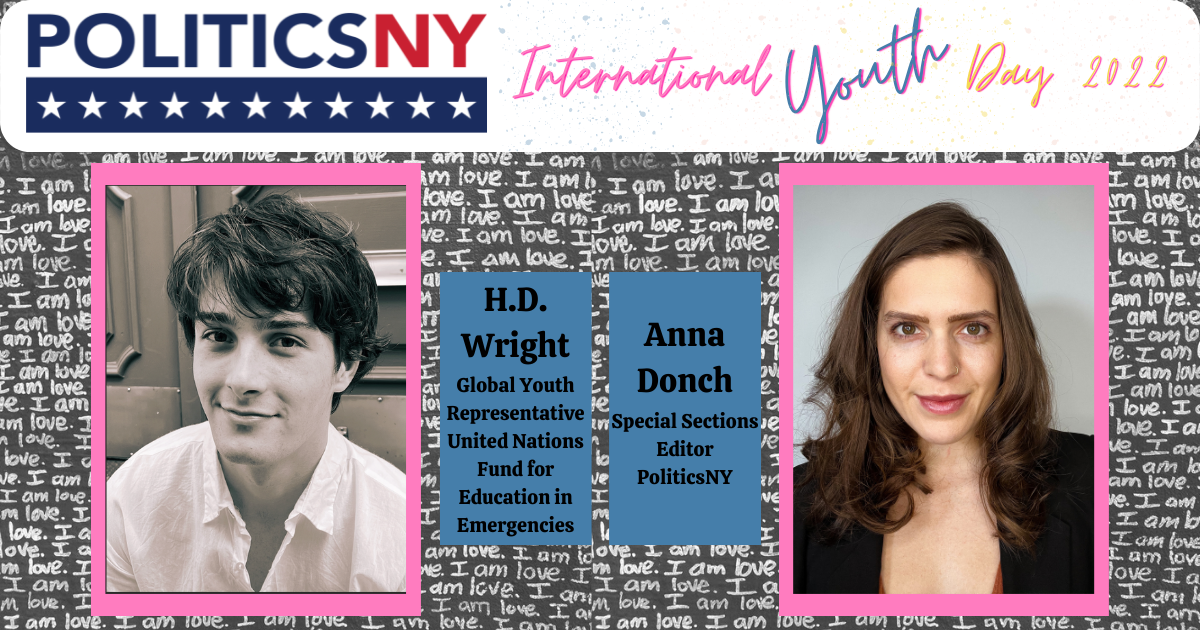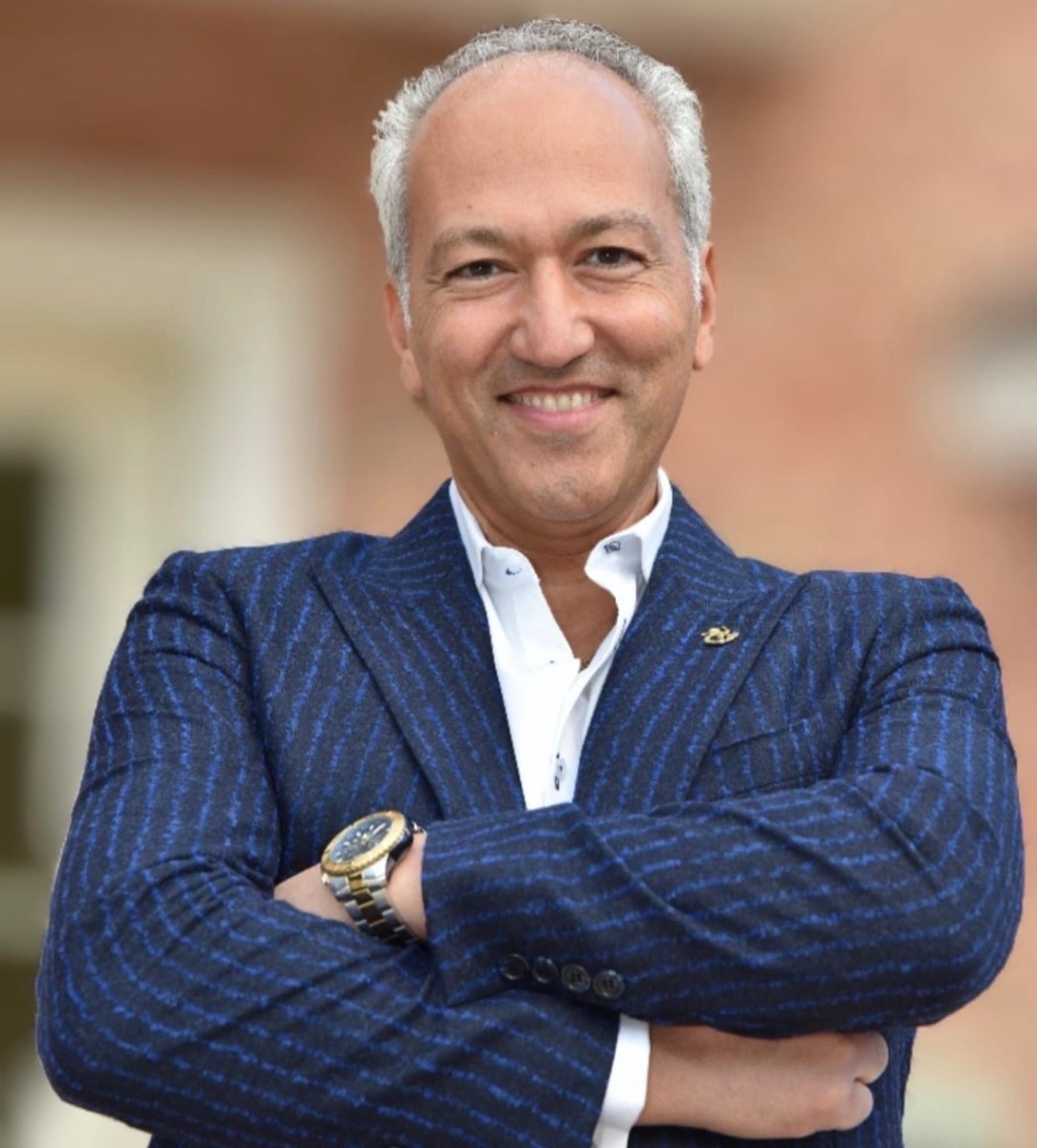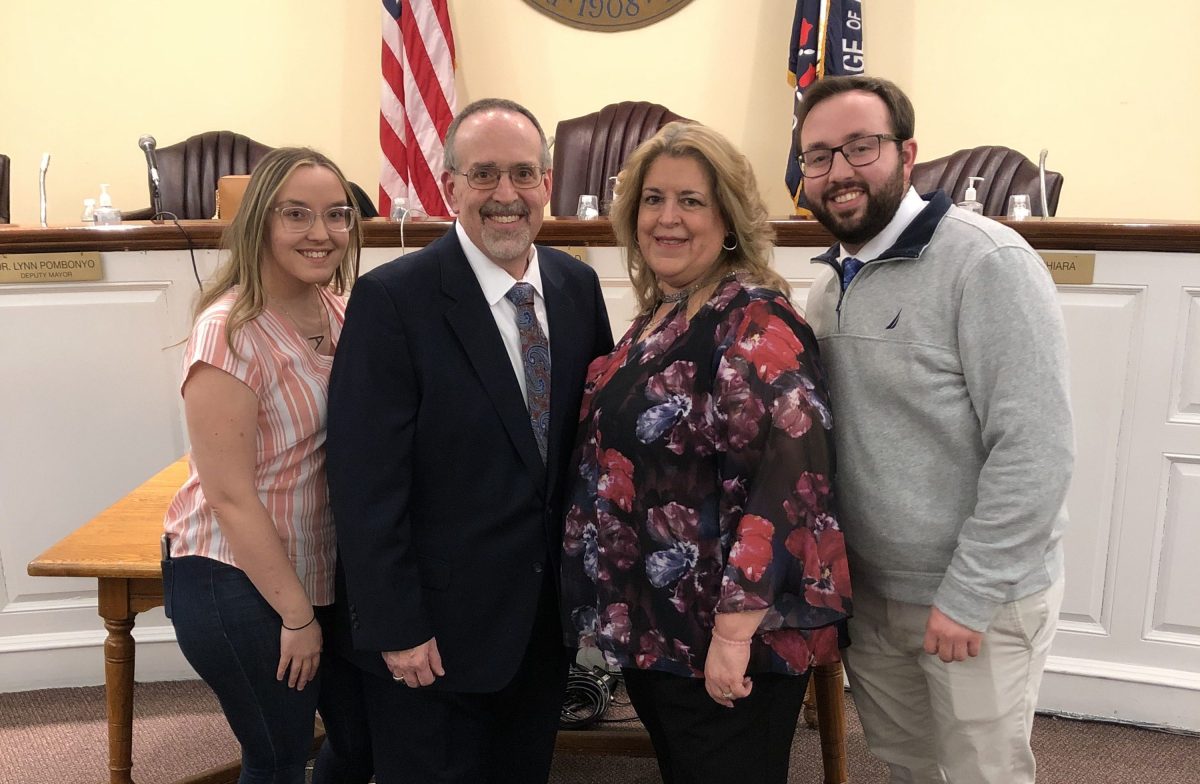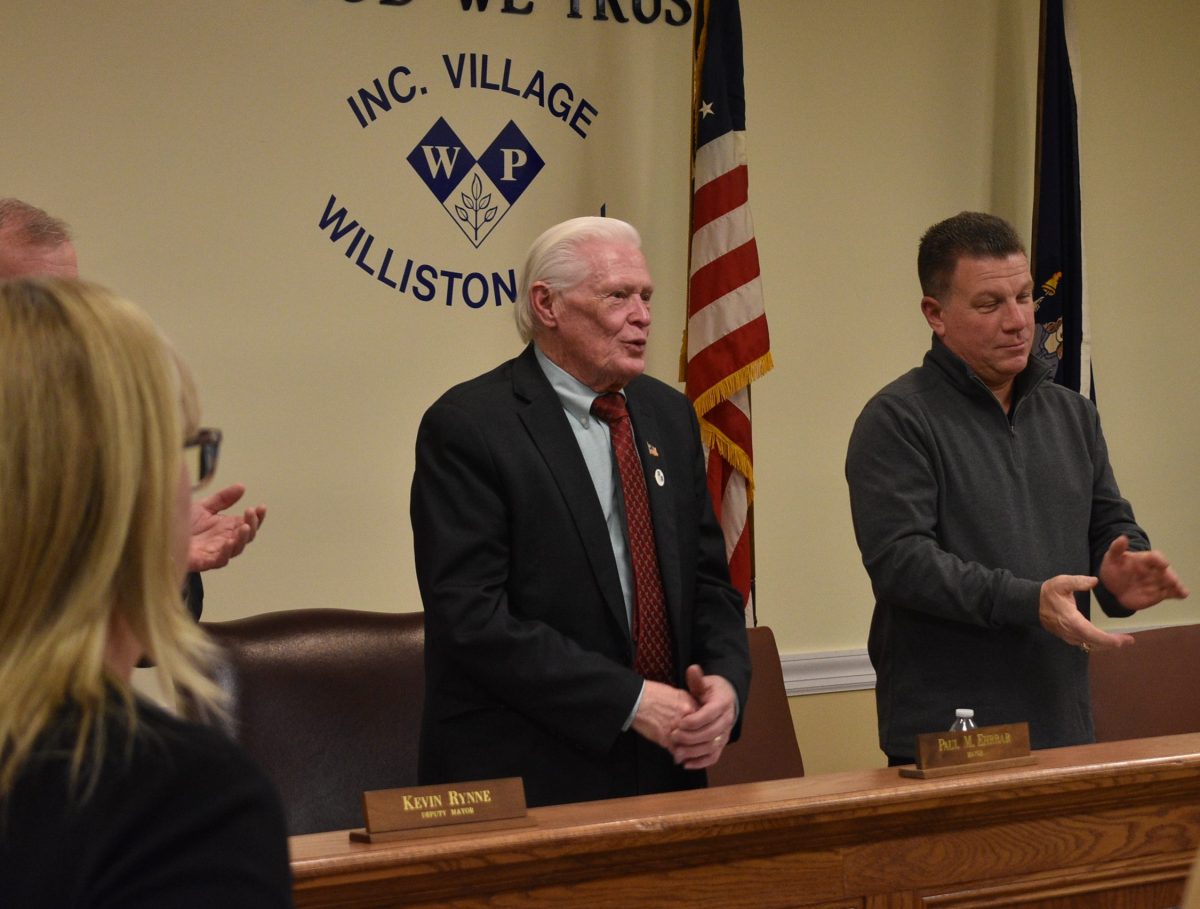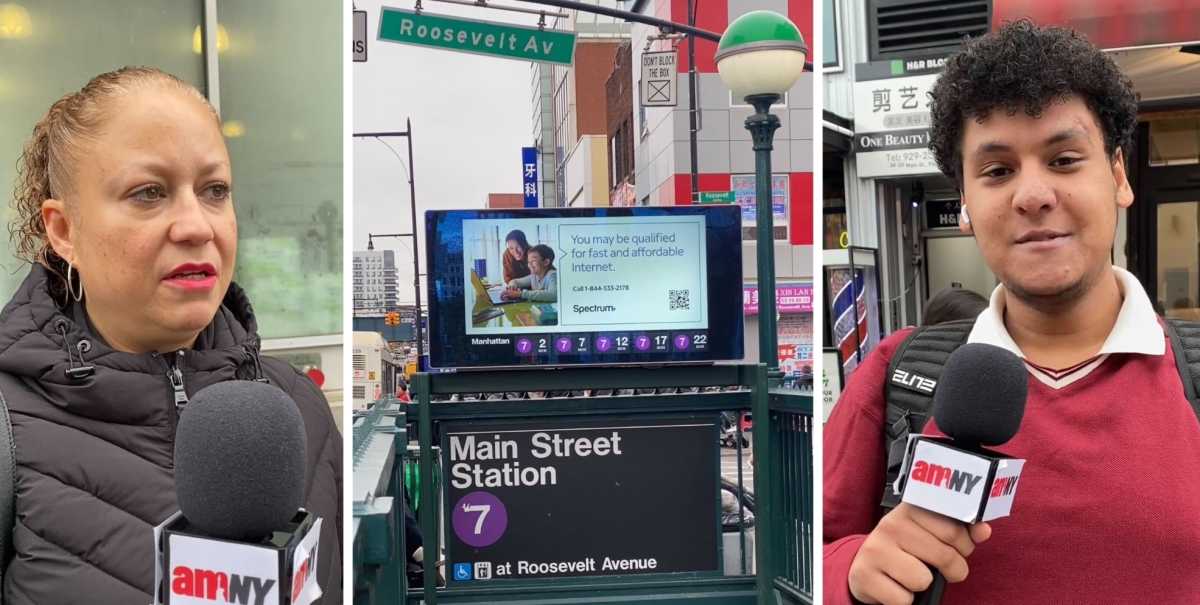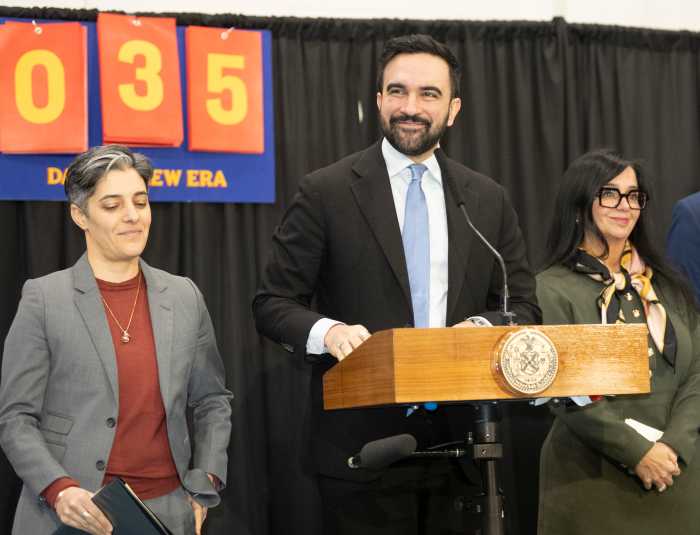On any given day, Henry Wright — also known by his pen name H.D. Wright — might be collaborating with world leaders like the United Kingdom’s former Prime Minister Gordon Brown or the country’s current Parliamentary Under-Secretary of State for Africa, Latin America, and the Caribbean Vicky Ford. Wright has met with UNICEF Executive Director Catherine Russell, and former Tanzanian President Jakaya Kiwete. He has conducted interviews with leading experts on equity and democratic reform, including philosopher and political activist Dr. Cornel West. And Wright is only 19 years old.
In honor of International Youth Day — August 12, 2022 — Wright, who grew up between Soho and the Upper West Side of Manhattan, joined PoliticsNY for a conversation about his activism.
Henry was first introduced to activism at the age of 15, when he accompanied New York Times European Economics Correspondent Jack Ewing to Germany to cover the Syrian refugee crisis and the mounting tension between the growing German nationalist movement and the refugees who arrived in the wake of then-Chancellor Angela Merkel’s decision to offer asylum. During a study abroad year when he was 16, Henry volunteered at a local kitchen in Rome, preparing and offering traditional Syrian food to the refugee community there. And at 17, he traveled to Zaatari, a camp on the border between Syria and Jordan, to witness the conditions there and deliver funds.
When the United Nations announced that they would welcome a youth representative to Education Cannot Wait, their fund for education in emergencies, Henry was already active in the global student movement, giving speeches and advocating for the rights of Syrian refugees. He stood for election to represent the global youth at the UN, and he was democratically elected by majority vote.
His constituency comprises over 100 youth-led NGOs from across four continents, all of which bring invaluable points of view to the conference table. More often than not, Henry explains, it’s about asking the right questions. Youth, unburdened by preconceived ideas of how things must operate in a bureaucratic body like the UN, bring fresh eyes (literally) and an idealism that dares to envision a radically different world.
What is most striking about H.D. Wright is not his age, however. It is the genuine joy and enthusiasm that radiates when he describes the youth constituency he represents, his interactions with world leaders at the United Nations, and the opportunity he has to contribute to a more equitable, postcolonial future. Youth are often dismissed for their idealism, but idealism may be their greatest asset in unlocking a brighter future.


